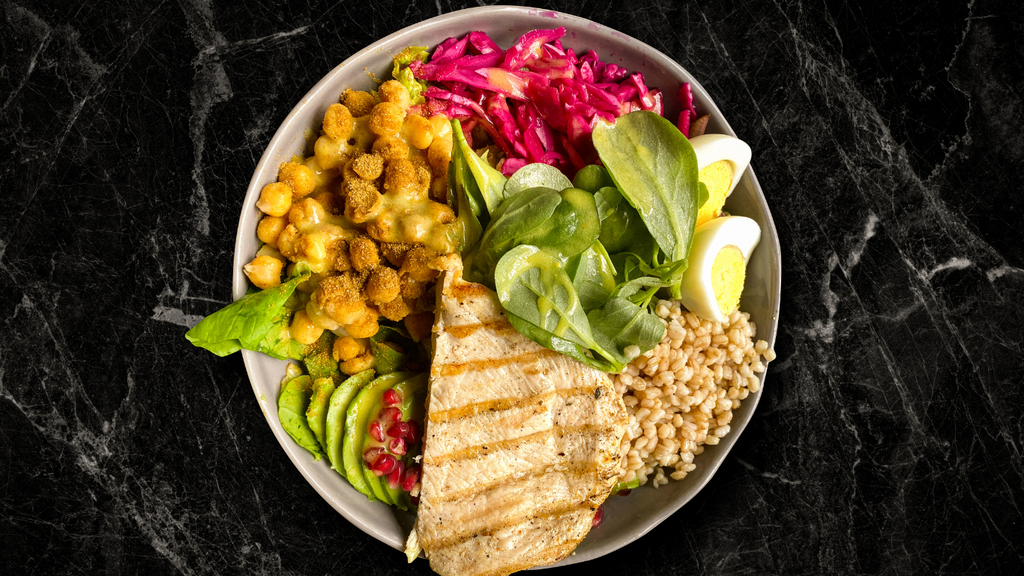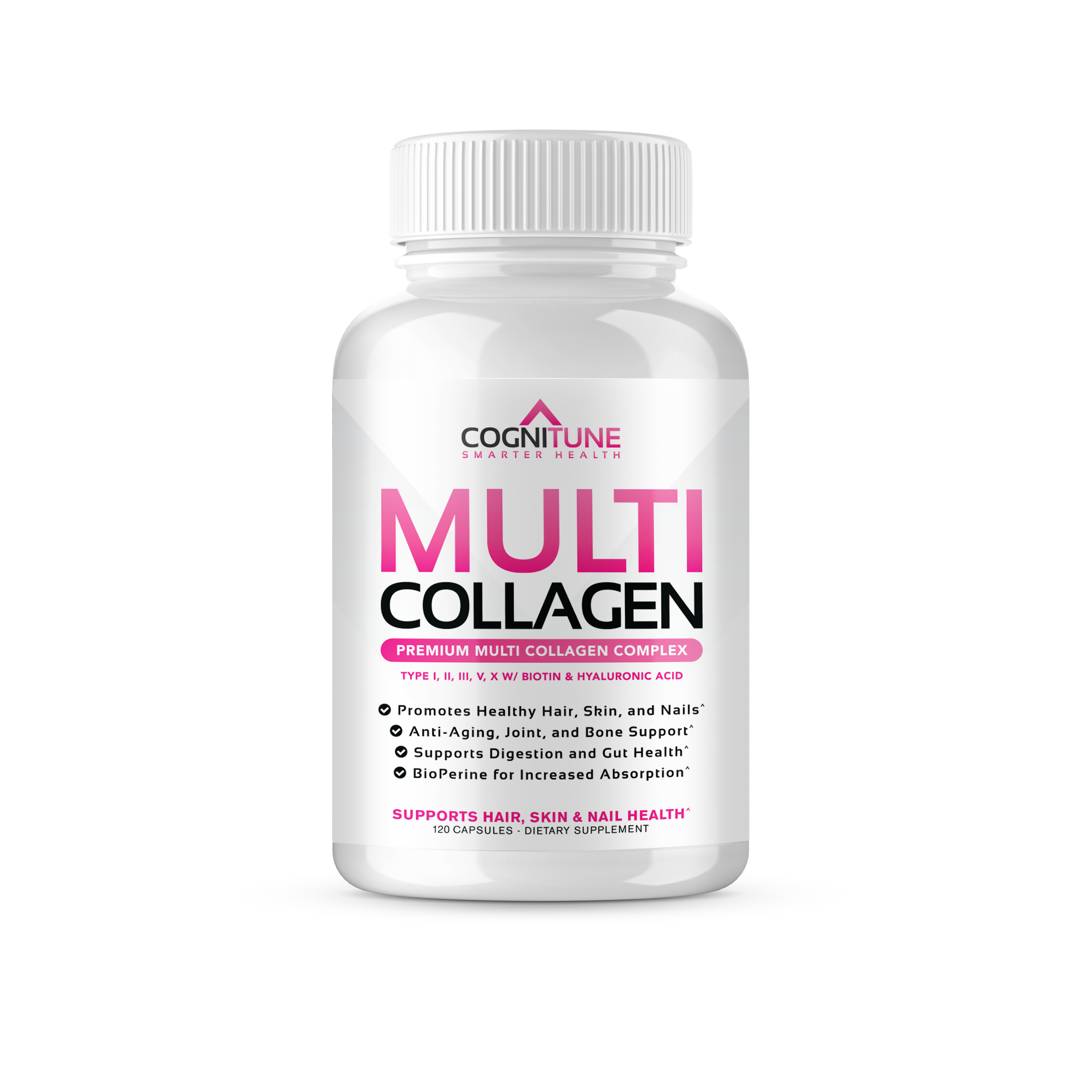Whole Food Protein Sources: The Key to Unlocking Your Wellness Journey

In the world of health and wellness, protein often takes center stage as the building block of life. Whether you're striving for glowing skin, stronger muscles, or better overall health, incorporating whole food protein sources into your diet is a must. Unlike processed protein powders or bars, whole food proteins are packed with essential nutrients that benefit your entire body, not just your protein intake.
This article explores the best whole food protein sources, their benefits, and why choosing these nutrient-dense options is a step toward a healthier, more vibrant life.
Why Whole Food Protein Sources?
Whole food proteins come with more than just protein. They are bundled with vitamins, minerals, fiber, and other nutrients that processed alternatives often lack. These natural sources are easier for your body to digest and absorb, ensuring you get the most out of every bite.
Pain Points Addressed:
-
"Is processed protein harmful?" Many processed options are loaded with added sugars, artificial flavors, or preservatives.
-
"Why is whole food protein better?" It provides a more balanced nutrient profile, including fiber and healthy fats.
-
"What’s the best protein source for my goals?" Whether you're plant-based or omnivorous, whole food proteins offer options for every lifestyle.
Top Whole Food Protein Sources to Include in Your Diet
Plant-Based Powerhouses
-
Legumes
-
Examples: Lentils, chickpeas, black beans
-
Why they’re great: Rich in protein, fiber, and iron, legumes are excellent for digestion and heart health.
-
Quick Tip: Pair with rice or quinoa to form a complete protein.
-
Quinoa
-
Why it stands out: Unlike most plant-based proteins, quinoa is a complete protein, containing all nine essential amino acids.
-
Quick Tip: Add quinoa to salads or use it as a base for your protein bowl.
-
Nuts and Seeds
-
Examples: Almonds, chia seeds, flaxseeds
-
Why they’re nutrient-dense: These are not only protein-rich but also packed with healthy fats and antioxidants.
-
Quick Tip: Blend into smoothies or sprinkle on yogurt for a crunch.
Animal-Based Options
-
Eggs
-
Why they’re unbeatable: Affordable and versatile, eggs are a high-quality protein source with essential fats and nutrients like choline.
-
Quick Tip: Hard-boil eggs for a quick snack on the go.
-
Cottage Cheese
-
Why it’s perfect: High in protein and low in fat, it’s great for muscle repair and keeping you satiated.
-
Quick Tip: Mix with fruit or nuts for a balanced meal.
-
Organ Meats
-
Examples: Liver, kidney
-
Why they’re a superfood: Organ meats are nutrient powerhouses, rich in iron, B12, and vitamin A.
-
Quick Tip: Add small amounts to stews or soups for a flavor and nutrition boost.
The Science Behind Whole Food Proteins
Complete vs. Incomplete Proteins
-
Complete Proteins: Contain all nine essential amino acids (e.g., eggs, quinoa).
-
Incomplete Proteins: Need to be combined with other foods to provide all amino acids (e.g., rice and beans).
Bioavailability Matters
-
Whole food proteins are highly bioavailable, meaning your body can absorb and use them effectively. Processed alternatives often lack this efficiency.
How to Incorporate Whole Food Proteins into Your Diet
-
Start Your Day Right: Add eggs or chia pudding to your breakfast.
-
Snack Smart: Keep nuts and seeds handy for mid-day hunger.
-
Lunch/Dinner Boost: Include legumes or cottage cheese in your meals.
-
Batch Cook: Prepare quinoa and lentil dishes for quick, protein-packed meals throughout the week.
Your Journey to Wellness Starts Here
Making mindful food choices can transform your health and well-being. Start small by incorporating one or two of these whole food protein sources into your meals this week. Your body will thank you.
FAQs
What are whole food protein sources?
Whole food protein sources are minimally processed foods like lentils, quinoa, eggs, and nuts that provide protein along with other essential nutrients.
Are plant-based proteins as good as animal proteins?
Yes, plant-based proteins can be equally beneficial when combined to provide all essential amino acids (e.g., rice and beans).
Why choose whole food proteins over processed ones?
Whole food proteins are nutrient-dense and free from additives, making them a healthier option for long-term health.
How much protein do I need daily?
Protein needs vary, but the general recommendation is 0.8 grams per kilogram of body weight. Active individuals may require more.
Can I meet my protein needs without meat?
Absolutely! Combining plant-based options like legumes, quinoa, and nuts ensures you get adequate protein and nutrients.

